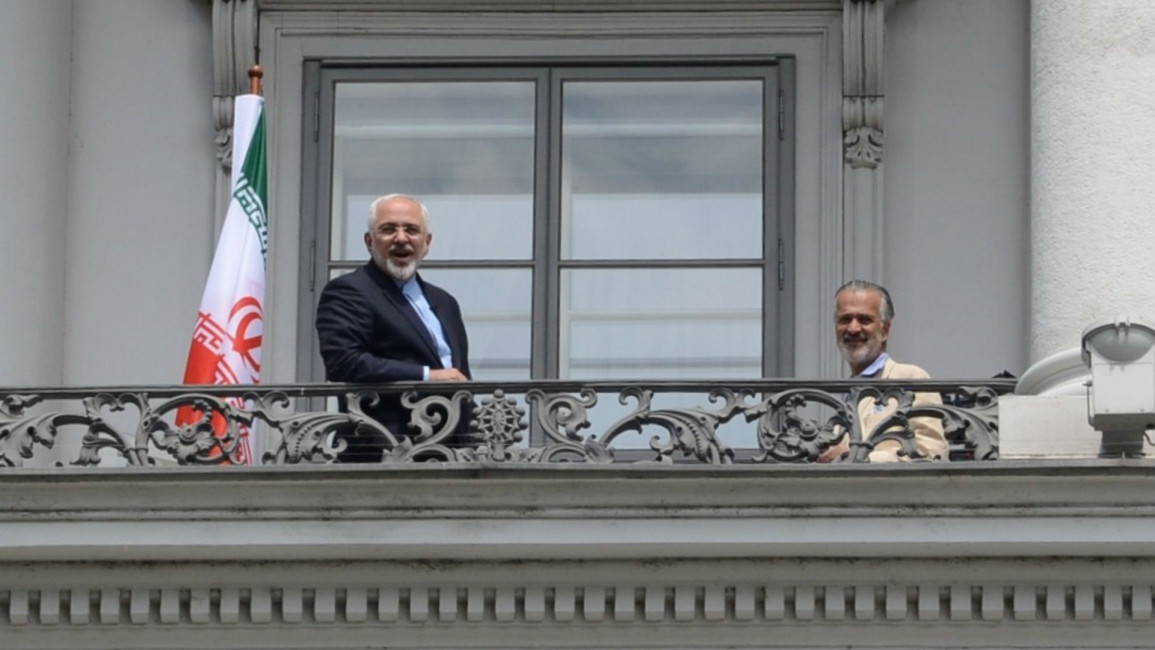Iran nuclear talks 'not near breakthrough yet'
High-level negotiations over Iran's nuclear programme entered their sixth day Thursday after diplomats missed a June 30 deadline and extended an interim accord by a week.
Western powers say Iran is using a civilian nuclear energy programme as a cover to develop a nuclear weapons capability. Iran denies this, saying its programme is for peaceful purposes.
Making his second visit to Vienna in a week, British Foreign Secretary Philip Hammond played down expectations that an agreement was near at hand.
"The work goes on. You are going to see ministers coming and going to maintain the momentum of these discussions. I don't think we're at any kind of breakthrough moment yet and we will do whatever we need to do to keep the momentum," Hammond told reporters upon arrival in the Austrian capital.
After talks went past the initial 30 June deadline, a new cut-off point has been set - 7 July.
However, foreign ministers from the P5+1 (US, UK, France, Russia, China and Germany) appear to be frustrated that a deal appears far from guaranteed.
German Foreign Minister Frank-Walter Steinmeier doubted there was the "will and courage" to hammer out a deal. "It is clear that we are not there yet," he said.
A point of contention in the plan put foward has been the insistence of the sextet to have scientists from the International Atomic Energy Agency (IAEA) inspect military sites in Iran.
Iran has accused the IAEA scientists of being "spies" and do not want them to visit sensitive nuclear sites.
IAEA head who is in Tehran is expected to meet the Iranian president, Hassan Rouhani, on Thursday.
An Iranian news agency, ISNA, said that Iranian the leadrship will offer "suggested solutions" to the deadlock and ensure that an accord is reached.
The US believes that despite the stall, Iran will be forced into a deal.
"Iran has a lot invested in this," said Tony Blinken, deputy US secretary of state. "They need this a lot more than we do. What we don't know is whether the Iranians have the political space to make a deal," Blinken said on MSNBC.
US Secretary of State John Kerry and Iranian Foreign Minister Mohammed Javad Zarif will face off later today, and see what compromises can be made to finalise months of negotiations.



